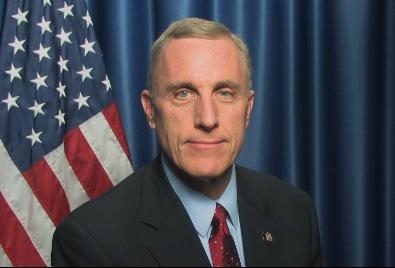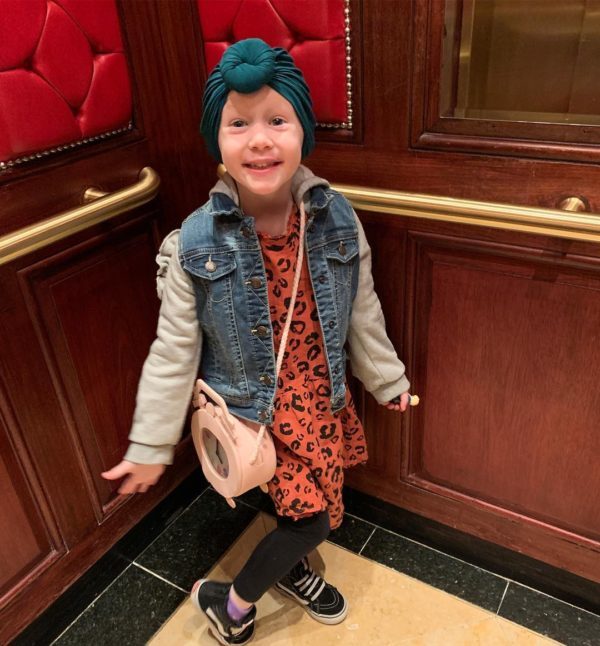
(5-6-19) “The Lord works in mysterious ways,” Tim Murphy told me.
When he was a member of Congress, he wielded power and enjoyed prestige – especially in the mental health community.
It was Murphy who held hearings immediately after the December 14, 2012 mass shooting of school children at Sandy Hook Elementary School in Newtown, Connecticut. (I testified at his first hearing about how the “imminent danger” criteria prevented me from getting my son help after I rushed him to a local emergency room.)
Murphy pushed for passage of the Helping Families in Mental Health Crisis Act, a bill he drafted. Its goal was to make mental health a federal priority. He faced strong and bitter opposition. He stepped on toes. Fought the status quo. Democrats blocked him. His first attempt died in committee. A CEO of a major mental health organization in Washington smirked and assured me Murphy’s bill would never become law.
His critics badly under-estimated his tenacity. “All he does is talk about mental illness. That’s it. Every conversation,” one of his Republican colleagues told me privately.
Murphy gained support, won allies. A Wall Street Journal OP Ed said his bill was the only reform measure that most likely could have prevented shootings such as those that felled Rep. Gabrielle Giffords, as well as other victims of a spate of shootings.
In July 2016, Murphy won. His bill passed the House of Representatives by a vote of 422-2. In the Senate, Dr. Bill Cassidy (R-La.) and Chris Murphy (D-Conn.) drafted their version and a compromise bill was later folded into the larger 21st Century Cures Act, which became law during the final days of the Obama Administration.
His work was described as the most important mental health bill in recent memory, creating an assistant secretary for mental health at Health and Human Services and the Interdepartmental Serious Mental Illness Coordinating Committee.
And then Murphy fell from grace.
He voluntarily resigned in 2017 to salvage his marriage after a highly publicized scandal. For 25 years, he’d put politics, ambition and work over his family, which led to a ‘marriage in name only’ for several years. The stress. The travel. Took its toll. He and his wife decided to save their marriage. He returned to Pittsburgh. Quietly went back to work as a psychologist. Avoided the spotlight.
“God taps you on the shoulder and tries to redirect,” he wrote me in an email. “Sometimes He hits you with the 2×4. I got the 2×4. And it woke me up. If others thought I obsessed on mental health reform, good. The message got through. Only trouble was, while I was fighting for everyone else, I ignored my family. I decided to go home, stop paying attention to polling, politics and the press. Letting go of my life in politics was difficult, but the only choice that gave me a chance. It was the right choice.”
Returning home was tough. Tim Murphy had to face own demons. Dig deep and examine his life. “No one was as angry at me as I was.” He asked God to forgive him. He asked his wife and family to forgive him.
And then life threw him a curve ball that was even tougher and more harsh.
His beloved granddaughter, Thomasina, was diagnosed at age four with neuroblastoma cancer that was spreading through her tiny body.
Tim Murphy wanted to help her. Life’s ironies. She ended up helping him. He marveled at her resilience. Her undaunted spirit. Her youthful enthusiasm despite all of the hurt and pain that life was and is throwing at her. She inspired him.
“I’m not sitting around. I’m energized and dedicated.”
He serves on the SARDAA board and works with mental health organizations. He’s never stopped working with veterans and military members dealing with PTSD. When members of Congress call for advice on mental health and addiction issues, he’s eager to talk. He’d like to do more.
“The issues haven’t disappeared and neither have I.”
But …” I have no patience for Washington games of being judgmental or vindictive. My granddaughters’ problems have helped me put everything in perspective. Though painful and difficult, this journey has taught me about the power of faith – the power of forgiveness. God forgives, others might, some never will, but I must forgive, let go of bitterness. In the end, the blessing for me is I’m here to spend more time with my family and especially my granddaughter at their time of deeper need. My granddaughter matters most. Faith and family. Now I have a family. I have my faith. So I won. We won.”
In our busy lives, his is a lesson that all of us should heed.
He shared a Facebook post his daughter, Bevin, recently posted. She’d written it on Tomasina’s fifth birthday. A mother’s sorrows. A mother’s joy.
Today you turn five. We’re home from the hospital and we can’t do anything fun quite yet – but we have your amazing strength and grace, even at this young age, inspiring me to pick myself up and believe that this horrible thing will only make us all stronger in the end.
Just last week in the hospital, you wiped the tears off of my face and told me so confidently that everything will be okay. We agreed together that we will never, ever give up this fight and we will kick the monster’s butt again and again so it never comes back to ruin any other birthdays. It doesn’t stand a chance against you my girl.
Today we celebrate you, we celebrate the small things because really, nothing is that small or not worth celebrating anymore.
I do though, look forward to celebrating many, many more birthdays and all the big things to come!
Happy Birthday my sweet girl. The most inspiring little but incredibly fierce five year old out there.

Tim Murphy told me that there was an ideal place in his study to hang his framed copy of HR2332 – Helping Families In Mental Health Crisis Act – along with the signing pens from Speaker Paul Ryan and President Barack Obama. Instead, he’s put a drawing that Tomasina made of the Old Testament David slaying Goliath.
“It is far more fitting,” he said. “She inspires each of us everyday.”
Log on to #tommytough to follow his brave granddaughter’s journey.



